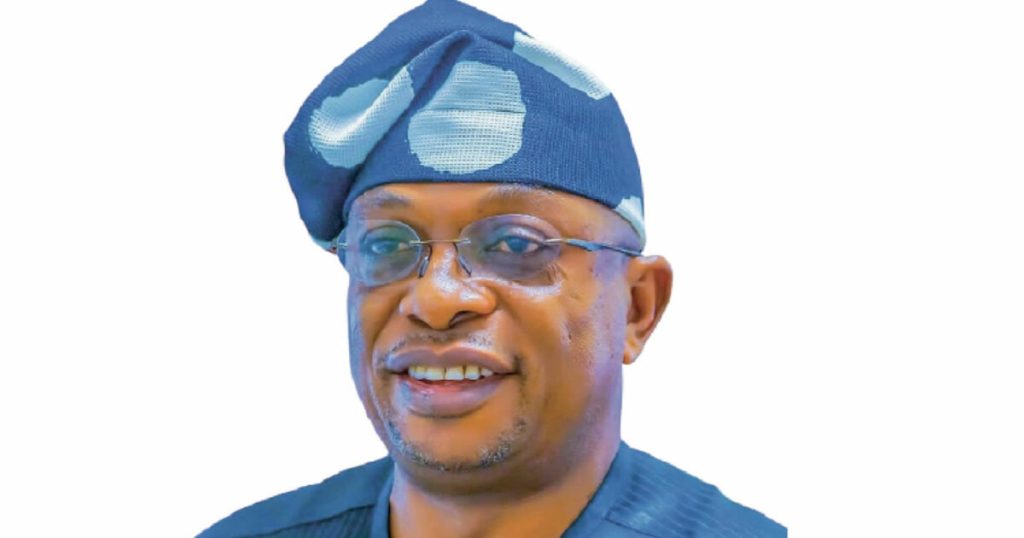The Discord in Benue: A Clash of Priorities
Dickson Tarkighir, a representative of Benue State in Nigeria’s House of Representatives, paints a stark picture of his state’s political landscape, marked by a deep rift between Governor Hyacinth Alia and the federal lawmakers. Tarkighir accuses the governor of downplaying the severity of the herdsmen attacks plaguing the state, particularly the Yelwata massacre, where he alleges the governor drastically underreported the casualties. This, he argues, hindered appropriate federal intervention, as the true scale of the crisis remained obscured. Tarkighir further asserts that Governor Alia has been unresponsive to the plight of his constituents displaced by the violence and has failed to engage with neighboring states to address the cross-border nature of the conflict. This perceived neglect, coupled with the governor’s dismissive labeling of federal lawmakers as “Abuja politicians,” has fostered a frosty relationship, hindering collaborative efforts to address the security crisis.
Constitutional Reform: Adapting to Emerging Challenges
Tarkighir advocates for continuous constitutional amendments to address evolving societal challenges. He highlights the inadequacy of the 1999 Constitution in dealing with contemporary issues such as the herder-farmer conflict, arguing for specific amendments to delineate grazing areas and protect farmlands. This, he believes, would mitigate tensions and reduce the use of cattle rearing as a cover for criminal activities. He further proposes constitutional provisions to regulate business activities based on local customs and sensitivities, citing the example of pig farming in predominantly Muslim areas. This adaptive approach to constitutional reform, he contends, is crucial for maintaining peace and order in a diverse and dynamic nation.
Security Concerns and the Call for Self-Defense:
The security situation in Benue State, particularly in Tarkighir’s constituency, remains dire, with ongoing attacks and displacement. He underscores the inadequacy of current military deployment and echoes General Theophilus Danjuma’s call for self-defense, advocating for communities to be armed to protect themselves against heavily armed attackers. He emphasizes that this is not a call for aggression but a necessary measure for survival given the overstretched military resources and the relentless nature of the attacks. He further suggests clearing land around vulnerable communities to remove grazing areas and deter incursions.
A Governor Under Scrutiny: Allegations of Inaction and Misrepresentation:
Tarkighir’s criticism of Governor Alia extends beyond mere political differences. He accuses the governor of downplaying the Yelwata massacre and suppressing casualty figures, allegedly to avoid negative publicity. He contrasts this with the response to attacks in Plateau State, where accurate reporting prompted widespread sympathy and intervention. This alleged manipulation of information, Tarkighir argues, deprived Benue State of much-needed assistance and undermined the efforts to address the crisis effectively. He further criticizes the governor for failing to hold security meetings with neighboring states, neglecting to engage with affected communities, and generally showing a lack of leadership in the face of the crisis.
Empowerment Initiatives: Investing in Education and Community Development:
Beyond his political engagements, Tarkighir emphasizes his commitment to his constituency through various empowerment programmes. He highlights the “Dickson Tarkighir Scholarship,” providing substantial financial assistance to hundreds of students, and his support for mass weddings and business empowerment initiatives. These efforts, he explains, are aimed at alleviating the socio-economic hardships faced by his constituents, particularly in light of the ongoing security challenges that have disrupted livelihoods and delayed family formation. He further details his infrastructural development projects, including the construction of schools and a hospital, demonstrating a multifaceted approach to community development.
Looking Ahead: Expectations for 2027 and Beyond:
Tarkighir outlines his expectations for the 2027 elections, emphasizing a “transactional engagement” with aspirants, focusing on their commitment to addressing the specific challenges faced by his constituency. He identifies land reclamation for farming as a top priority and calls for the involvement of the private sector in large-scale cultivation. While acknowledging the departure of prominent figures from the PDP, he expresses confidence in President Tinubu’s re-election prospects, citing his economic policies and infrastructural development initiatives as key achievements. He concludes by reaffirming his focus on fulfilling his current mandate and delivering on his promises to his constituents, leaving his own political future beyond 2027 open to exploration.














